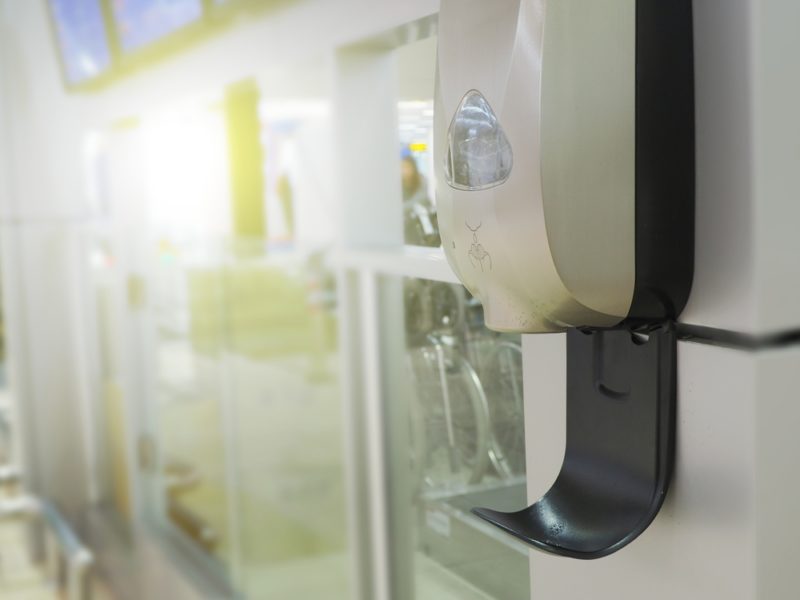
You can’t walk far in a medical setting without seeing hand sanitizer, but those disinfectant dispensers may be less effective in stopping a superbug, according to Australian researchers.
The researchers found that a strain of antibiotic-resistant bacteria was able to survive after being exposed to alcohol solutions.
In the journal of Science Translational Medicine, the researchers wrote that if the bacteria is resistant to alcohol, it will make it even harder to control the spread of infection in hospitals.
The team at the Peter Doherty Institute for Infection and Immunity in Melbourne studied a strain of bacteria called Enterococcus faecium. It is a hospital bug that’s not too deadly but can make hospitalized patients even sicker.
Many microbiologists have assumed that bacteria cannot evade the effects of alcohol.
“The jury’s still out as to whether this should raise a major alarm,” Dr. Cindy Liu, chief medical officer of the Antibiotic Resistance Action Center at George Washington University, told NBC News.
The research team says a better strategy that’s already used by some hospitals is to use hand sanitizers with two different germ-killing compounds, such as alcohol and chlorhexidine.
The Centers for Disease Control and Prevention estimate that 23,000 Americans die every year from drug-resistant infections.
Read more at NBC News.com.

